Home>diy>Building & Construction>What Is A Groundsman In Construction
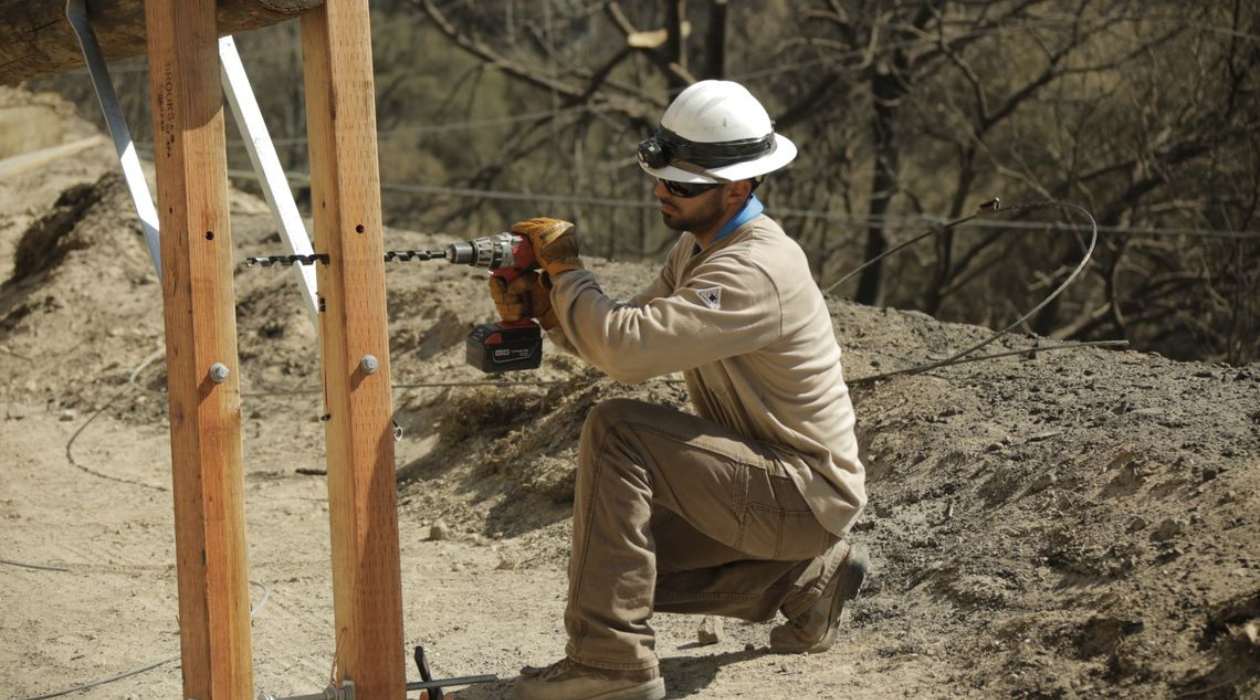

Building & Construction
What Is A Groundsman In Construction
Modified: January 24, 2024
Discover the role and responsibilities of a groundsman in building construction. Gain insights into their vital contribution to site preparation and maintenance.
(Many of the links in this article redirect to a specific reviewed product. Your purchase of these products through affiliate links helps to generate commission for Storables.com, at no extra cost. Learn more)
Introduction
In the world of construction, there are numerous roles and positions that contribute to the successful completion of a project. One of these crucial roles is that of a groundsman. A groundsman plays a vital part in construction projects by supporting the construction team and ensuring that the site is well-maintained and organized.
So, what exactly does a groundsman do? In this article, we will delve into the responsibilities, skills, and qualifications required for this essential role in the construction industry. We will also explore the equipment used by groundsmen, the safety measures they follow, and the significance of their presence in construction projects.
Whether you are a construction professional looking to learn more about the field or an aspiring groundsman seeking insights into this career path, this article will provide you with a comprehensive understanding of the role and its importance.
So, let’s begin by exploring the role of a groundsman in construction and how they contribute to the success of construction projects.
Key Takeaways:
- Groundsmen are crucial in construction, handling site preparation, material movement, and safety protocols. Their diverse skills and contributions ensure efficient, organized, and safe construction sites, vital for project success.
- Continuous learning and career advancement opportunities await groundsmen in construction. With experience, training, and certifications, they can progress to roles such as equipment operators, supervisors, or even start their own businesses.
Read more: What Is Construction
Role of a Groundsman
A groundsman plays a crucial role in construction projects by supporting the construction team and ensuring that the site runs smoothly. Groundsmen are responsible for a wide range of tasks that contribute to the overall efficiency and safety of the construction site.
One of the primary roles of a groundsman is to prepare the construction site before the actual construction work begins. This involves clearing the land, removing debris and obstacles, and leveling the ground. Groundsmen may also be involved in marking out the site according to the construction plans, ensuring that all measurements are accurate and the site is ready for construction.
During the construction process, groundsmen are responsible for assisting with the movement and placement of materials and equipment. They may help load and unload construction materials, operate machinery such as forklifts and cranes, and transport materials to various areas of the site. Groundsmen also play a vital role in maintaining and organizing construction materials, ensuring that they are readily accessible to the construction team.
In addition to site preparation and material handling, groundsmen are often involved in site maintenance and cleanliness. They are responsible for keeping the construction site clean and free from debris, ensuring that walkways and areas are clear and safe for workers. Groundsmen may also be tasked with maintaining the site’s infrastructure, including drainage systems, temporary fencing, and signage.
Another important aspect of a groundsman’s role is to assist with the implementation of health and safety protocols. They work closely with the construction team to ensure that all safety measures are followed, including the proper use of personal protective equipment (PPE), adherence to site regulations, and the implementation of safety procedures. Groundsmen may also participate in toolbox talks and safety meetings to further promote a culture of safety on the construction site.
Overall, the role of a groundsman is diverse and multifaceted. They provide essential support to the construction team, ensuring that the site is well-maintained, materials are readily available, and safety protocols are followed. Without the contributions of groundsmen, construction projects would face significant challenges in terms of efficiency, productivity, and overall site organization.
Responsibilities of a Groundsman
Agroundsman plays a vital role in construction projects by taking on various responsibilities that contribute to the smooth and efficient functioning of the construction site. These responsibilities cover a wide range of tasks and duties that are essential for the overall progress and success of the project.
One of the primary responsibilities of a groundsman is to assist in the preparation of the construction site. This involves tasks such as clearing debris, removing obstacles, and leveling the ground. Groundsmen may also be responsible for marking out the site based on construction plans and ensuring that all measurements are precise and accurate.
During the construction process, groundsmen are involved in the movement and placement of materials and equipment. They assist in loading and unloading construction materials, operate machinery like forklifts and cranes, and transport materials to different areas of the site. Groundsmen ensure that materials are readily available to the construction team and are organized in a manner that promotes efficiency and accessibility.
Site maintenance and cleanliness are also crucial responsibilities of a groundsman. They are responsible for keeping the construction site clean and free from debris, ensuring that walkways and areas are clear and safe for workers. Groundsmen may also be involved in maintaining the site’s infrastructure, including temporary fencing, signage, and drainage systems.
In addition to physical tasks, a groundsman is often responsible for implementing and adhering to health and safety protocols on the construction site. They work closely with the construction team to ensure that all safety measures are followed, including the proper use of personal protective equipment (PPE) and compliance with site regulations. Groundsmen may also participate in safety meetings and toolbox talks to promote a culture of safety among the construction team.
Furthermore, a groundsman may assist in supporting the construction team by undertaking general labor duties as required. This may include tasks such as assisting with concrete pouring, attending to site deliveries, and providing assistance to other tradespeople on-site.
Overall, the responsibilities of a groundsman encompass a wide range of tasks that are vital to the smooth functioning of a construction site. By contributing to site preparation, material handling, site maintenance, and safety implementation, groundsmen play a crucial role in ensuring the overall success and progress of construction projects.
Equipment Used by Groundsmen
Groundsmen rely on a variety of equipment to effectively carry out their responsibilities and contribute to the smooth functioning of a construction site. These tools and machines help groundsmen perform their tasks efficiently and safely. Let’s explore some of the equipment commonly used by groundsmen:
- Forklifts: Forklifts are indispensable for groundsmen when it comes to handling heavy loads. These powered industrial trucks have lifting forks in the front, allowing groundsmen to safely lift and transport construction materials across the site.
- Cranes: Cranes are used to lift and move heavy materials and equipment to higher elevations. Groundsmen assist in operating cranes, ensuring that materials are properly rigged and securely lifted to the desired location.
- Excavators: Excavators are used for various purposes on a construction site, including digging trenches, demolishing structures, and moving earth. Groundsmen may operate excavators to assist with site preparation and excavation tasks.
- Power Tools: Groundsmen often use power tools such as jackhammers, drills, and saws to carry out specific tasks. These tools help them cut through materials, break up concrete, and perform other necessary activities.
- Hand Tools: Groundsmen rely on a range of hand tools, including shovels, rakes, wheelbarrows, hammers, and wrenches. These tools allow them to perform tasks such as clearing debris, leveling the ground, and assisting with general maintenance.
- Personal Protective Equipment (PPE): While not technically equipment, PPE is an essential part of a groundsman’s toolkit. Groundsmen wear protective gear such as hard hats, safety boots, high-visibility vests, gloves, and protective eyewear to ensure their safety on the construction site.
It is important for groundsmen to receive proper training and certification in the use of equipment to ensure their competence and safety. By leveraging the right tools and equipment, groundsmen are able to carry out their responsibilities efficiently and contribute to the overall progress and success of a construction project.
Skills and Qualifications Required for a Groundsman
Being a groundsman in the construction industry requires a combination of specific skills and qualifications. These play a vital role in ensuring that groundsmen can carry out their responsibilities effectively and contribute to the smooth functioning of a construction site. Let’s explore the key skills and qualifications required for a groundsman:
- Physical Fitness: Groundsmen often perform physically demanding tasks such as lifting heavy materials, operating machinery, and working in various weather conditions. Therefore, they need to have good overall physical fitness and stamina to handle the physical demands of the job.
- Knowledge of Construction Processes: Groundsmen should have a basic understanding of construction processes and terminology. This knowledge will help them effectively carry out their tasks, understand construction plans, and communicate with the construction team.
- Technical Skills: Groundsmen should possess technical skills relevant to their tasks. This may include operating machinery, using power tools, and understanding basic construction principles.
- Attention to Detail: Groundsmen need to be detail-oriented to ensure accurate site preparation, measurement, and material handling. They must pay attention to every aspect of their work to minimize errors and ensure the efficiency of construction operations.
- Communication and Teamwork: Groundsmen work closely with construction teams, supervisors, and other tradespeople on-site. Effective communication skills and the ability to work collaboratively in a team environment are crucial for successful coordination and completion of tasks.
- Health and Safety Awareness: Groundsmen are responsible for implementing and adhering to health and safety protocols on the construction site. They should have a strong awareness of safety regulations, best practices, and the proper use of personal protective equipment (PPE).
- Problem-Solving: Groundsmen may encounter unforeseen challenges and obstacles on the construction site. The ability to think critically and problem-solve on the spot is essential for adapting to changing circumstances and finding efficient solutions.
- Qualifications and Certifications: While specific qualifications may vary depending on the location and employer, certifications such as forklift operation, crane operation, and first aid training can enhance a groundsman’s employability and demonstrate their competence in the field.
Overall, a combination of physical fitness, technical skills, communication abilities, and a strong safety focus contribute to the success of a groundsman. By possessing the necessary skills and qualifications, a groundsman can effectively carry out their responsibilities and contribute to the overall progress and safety of a construction project.
A groundsman in construction is responsible for preparing and maintaining the construction site, including clearing debris, digging trenches, and assisting with equipment operation. They play a crucial role in ensuring a safe and organized work environment for the construction crew.
Read more: What Is Drainage In Construction
Safety Measures and Regulations for Groundsmen
Safety is of paramount importance in the construction industry, and groundsmen play a crucial role in ensuring a safe working environment. Groundsmen must adhere to specific safety measures and regulations to protect themselves and others on the construction site. Here are some of the key safety measures and regulations that groundsmen should follow:
- Personal Protective Equipment (PPE): Groundsmen must wear appropriate PPE, including hard hats, safety boots, high-visibility vests, gloves, and protective eyewear, to protect themselves from potential hazards on the construction site.
- Safe Lifting and Manual Handling: Groundsmen should receive training on safe lifting and manual handling techniques to prevent back injuries and strain. They should use proper lifting techniques, ask for assistance when needed, and avoid overexertion.
- Machine and Equipment Safety: Groundsmen should be trained in the safe operation of machinery and equipment. They need to follow manufacturer guidelines and safety procedures when operating forklifts, cranes, and other machinery. Regular maintenance and inspections of equipment are also essential to ensure safe operation.
- Hazard Identification and Reporting: Groundsmen should be vigilant in identifying potential hazards on the construction site, such as uneven ground, unstable structures, or dangerous materials. They need to report any hazards to their supervisors and take necessary precautions to mitigate risks.
- Communication and Signage: Groundsmen should maintain clear communication with the construction team and ensure that appropriate signage is in place to indicate potential hazards, restricted areas, and safety precautions. They should also be aware of emergency protocols and the location of first aid kits and fire extinguishers.
- Working at Heights: Groundsmen may need to access elevated areas during their duties. They should be trained in working at heights, including the proper use of ladders, scaffolding, and fall protection systems to prevent falls and minimize the risk of accidents.
- Electrical Safety: Groundsmen should be knowledgeable about electrical safety regulations and practices to prevent electrical accidents. They should be cautious around electrical cables, avoid overloading power sockets, and report any electrical malfunctions or hazards immediately.
- First Aid and Emergency Response: Groundsmen should receive basic first aid training to be able to provide immediate assistance in case of an injury or medical emergency. They should know the location of first aid kits and be familiar with emergency response protocols on the construction site.
It is crucial for groundsmen to stay updated on safety regulations and undergo regular safety training and refresher courses. By implementing and following these safety measures and regulations, groundsmen can create a safer working environment for themselves and contribute to a culture of safety on construction sites.
Importance of Groundsmen in Construction Projects
Groundsmen play a crucial and often understated role in the success of construction projects. They are essential for ensuring the smooth functioning and organization of the construction site. Let’s explore the key reasons why groundsmen are important in construction projects:
- Site Preparation: Groundsmen are responsible for the initial preparation of the construction site. They clear debris, remove obstacles, level the ground, and mark out the site according to the construction plans. Their meticulous site preparation lays the foundation for the smooth progress of the project.
- Material Handling: Groundsmen assist in the movement and placement of construction materials and equipment. They load and unload materials, operate machinery like forklifts and cranes, and ensure that materials are accessible to the construction team. Their efficient material handling ensures that construction operations can proceed without delays.
- Site Organization and Cleanliness: Groundsmen play a vital role in maintaining the cleanliness and organization of the construction site. They clear debris, keep walkways and areas clear, and maintain the site’s infrastructure. A well-organized and clean site not only enhances safety but also contributes to efficient workflow and productivity.
- Supporting Construction Team: Groundsmen provide essential support to the construction team. They assist with various tasks, such as concrete pouring, attending to site deliveries, and providing general labor assistance. Their contributions alleviate the workload of the construction team, allowing them to focus on their specialized tasks.
- Health and Safety: Groundsmen play a crucial role in implementing and adhering to health and safety protocols on the construction site. They ensure the proper use of personal protective equipment, maintain safety signage, and promote a culture of safety among the construction team. Their commitment to safety minimizes the risk of accidents and injuries.
- Efficiency and Productivity: The contributions of groundsmen enhance the overall efficiency and productivity of construction projects. Their timely completion of site preparation tasks, efficient material handling, and maintenance of site organization contribute to streamlined construction operations. This leads to faster project timelines and cost savings for the construction company.
Without the presence of groundsmen, construction projects would face significant challenges in terms of site preparation, material handling, organization, and safety. Groundsmen ensure that construction sites are well-prepared, materials are accessible, and safety measures are followed. Their contributions are integral to the smooth progress and successful completion of construction projects.
Training and Education for Groundsmen
Training and education are key aspects of ensuring that groundsmen are competent and equipped with the necessary skills to carry out their responsibilities effectively. While formal education may not be explicitly required for a groundsman position, specific training programs and certifications can enhance their knowledge and make them more marketable in the construction industry. Let’s explore the training and education opportunities available for groundsmen:
- On-the-Job Training: Many groundsmen acquire their skills through on-the-job training. They learn from experienced construction professionals as they work on various construction sites. This training encompasses practical skills, knowledge of construction processes, and understanding of site-specific requirements.
- Certifications: Certain certifications can significantly enhance a groundsman’s qualifications. For example, obtaining a forklift operation certification demonstrates competency in operating forklifts safely and efficiently. Similarly, crane operation certifications validate a groundsman’s ability to operate cranes professionally. First aid training certifications are also valuable, as they equip groundsmen with necessary life-saving skills.
- Trade Schools and Vocational Programs: Some individuals may choose to pursue formal education in construction-related fields, such as attending trade schools or vocational programs. These programs provide in-depth training in various aspects of construction, which can be beneficial for groundsmen seeking to expand their knowledge and advance their careers.
- Construction Safety Training: Safety training programs are essential for groundsmen. Construction safety courses cover topics such as hazard identification, proper use of personal protective equipment (PPE), and emergency response procedures. These courses ensure that groundsmen understand and can implement safety measures effectively on the construction site.
- Apprenticeships: Participating in apprenticeship programs can offer valuable hands-on training and mentorship opportunities for groundsmen. These programs allow individuals to learn from experienced professionals and gain practical experience in the field. Apprenticeships provide a structured learning environment that combines on-the-job training and classroom instruction.
- Ongoing Professional Development: To stay up-to-date with industry practices and advancements, groundsmen should engage in ongoing professional development. Attending workshops, conferences, and seminars related to construction can provide valuable insights and knowledge. It is also beneficial to keep abreast of changes in safety regulations and construction techniques through continued learning opportunities.
Continuous improvement and staying updated with the latest industry practices are essential for groundsmen. By investing in training programs and certifications, groundsmen can enhance their skills, expand their knowledge base, and increase their employability in the construction industry.
Career Opportunities and Advancement for Groundsmen
Groundsmen play a vital role in construction projects, and their skills and experience can lead to various exciting career opportunities. While starting as a groundsman, there are several paths for career advancement within the construction industry. Here are some potential career opportunities and avenues for progression for groundsmen:
- Equipment Operation: As groundsmen gain experience and develop their skills, they may advance to positions that involve operating heavy machinery and equipment. This could include becoming a crane operator, excavator operator, or forklift operator. Operating specialized machinery requires additional training and certifications but offers higher earning potential and increased responsibility.
- Construction Supervision and Management: Groundsmen who demonstrate exceptional skills and leadership qualities may have the opportunity to progress into supervisory or management roles. They can become construction site supervisors, foremen, or project managers. These roles involve overseeing the overall construction process, managing teams, and ensuring the successful completion of projects.
- Specialized Trades: Groundsmen with a keen interest and aptitude for specific trades within construction can pursue specialized career paths. They could become carpenters, electricians, plumbers, or other skilled tradespeople. This would involve undergoing additional training and apprenticeships to develop expertise in the chosen field.
- Site Health and Safety: Groundsmen with a strong focus on health and safety may find opportunities to specialize in this area. They can become safety inspectors, health and safety officers, or safety coordinators within the construction industry. These roles involve implementing safety protocols, conducting inspections, and ensuring compliance with safety regulations.
- Construction Estimating and Planning: Groundsmen who have developed a solid understanding of construction processes and techniques may transition into roles related to estimating and planning. This involves analyzing construction plans, preparing cost estimates, and coordinating logistics for construction projects. These roles require strong analytical and organizational skills.
- Entrepreneurship: With the right skills and experience, some groundsmen may choose to start their own construction business. They can specialize in areas such as landscaping, site preparation, or equipment rental. Operating a business offers the opportunity to have greater control over projects and financial growth.
Advancement in the construction industry often comes with additional training, certifications, and experience. Groundsmen who pursue continuous learning, gain specialized skills, and demonstrate leadership qualities find themselves well-positioned for career growth and advancement.
It is important for groundsmen to network within the construction industry, seek mentorship opportunities, and stay updated with the latest industry trends and practices. By continually improving their skills and expanding their knowledge base, groundsmen can unlock numerous career opportunities and achieve long-term success in the construction industry.
Read more: What Is An AHA In Construction
Conclusion
Groundsmen play a vital role in the construction industry, contributing to the success of construction projects through their essential responsibilities and skills. They are responsible for site preparation, material handling, site maintenance, and ensuring compliance with safety regulations. Without groundsmen, construction sites would lack organization, efficiency, and safety, leading to potential delays and hazards.
Through their physical strength, attention to detail, and technical skills, groundsmen support the construction team and ensure that materials and equipment are readily available. They create a clean and well-organized work environment, promoting productivity and safety. Groundsmen also play a critical role in implementing and upholding health and safety protocols on construction sites, protecting the well-being of workers.
For individuals looking to embark on a career as a groundsman, there are various opportunities for growth and advancement. With experience, additional training, and certifications, groundsmen can progress into roles such as equipment operators, construction supervisors, specialized tradespeople, or safety officers. Some may even choose to start their own construction businesses.
Continuous learning and professional development are crucial for groundsmen to stay current with industry trends and practices. By taking advantage of training programs, certifications, and apprenticeships, groundsmen can enhance their skills, expand their knowledge, and increase their employability in the competitive construction industry.
In conclusion, groundsmen are integral to the smooth functioning and successful completion of construction projects. Their contributions ensure the efficiency, safety, and organization of construction sites. Whether it’s preparing the site, handling materials, or maintaining safety protocols, groundsmen are essential for the overall progress and success of construction projects.
As the construction industry continues to grow, the demand for skilled groundsmen remains strong. Groundsmen who possess the necessary skills, qualifications, and a commitment to continuous improvement will find fulfilling career opportunities and the potential for long-term success in the dynamic field of construction.
Frequently Asked Questions about What Is A Groundsman In Construction
Was this page helpful?
At Storables.com, we guarantee accurate and reliable information. Our content, validated by Expert Board Contributors, is crafted following stringent Editorial Policies. We're committed to providing you with well-researched, expert-backed insights for all your informational needs.
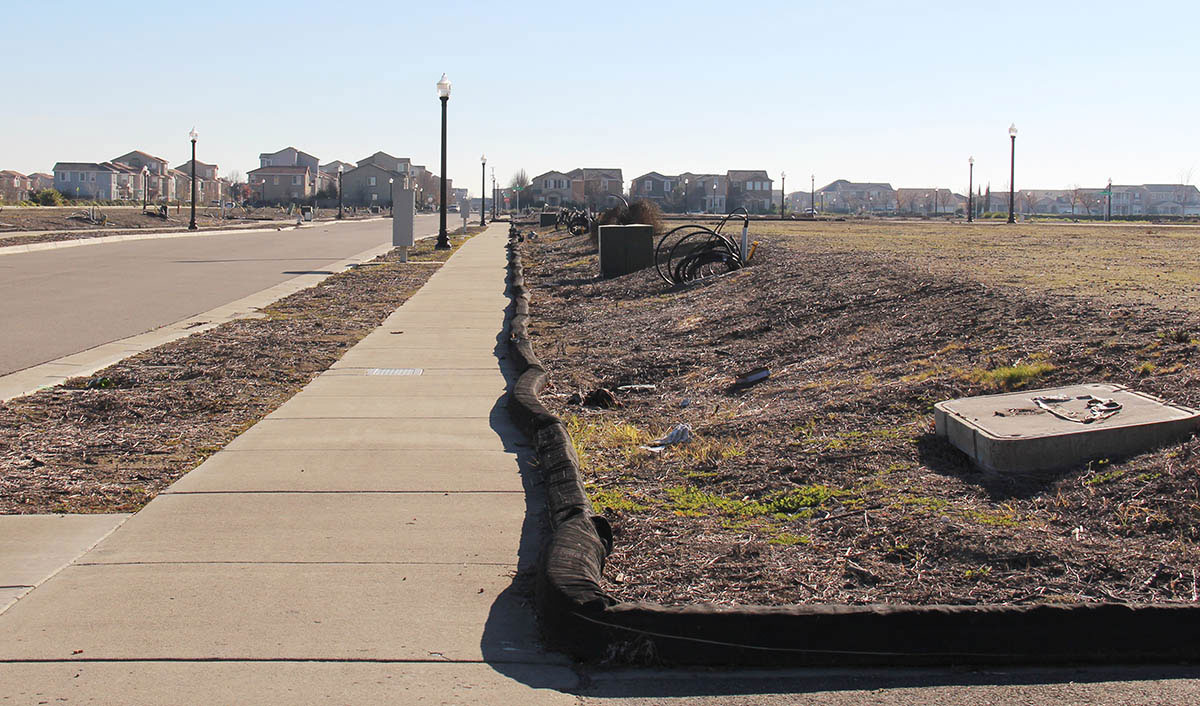
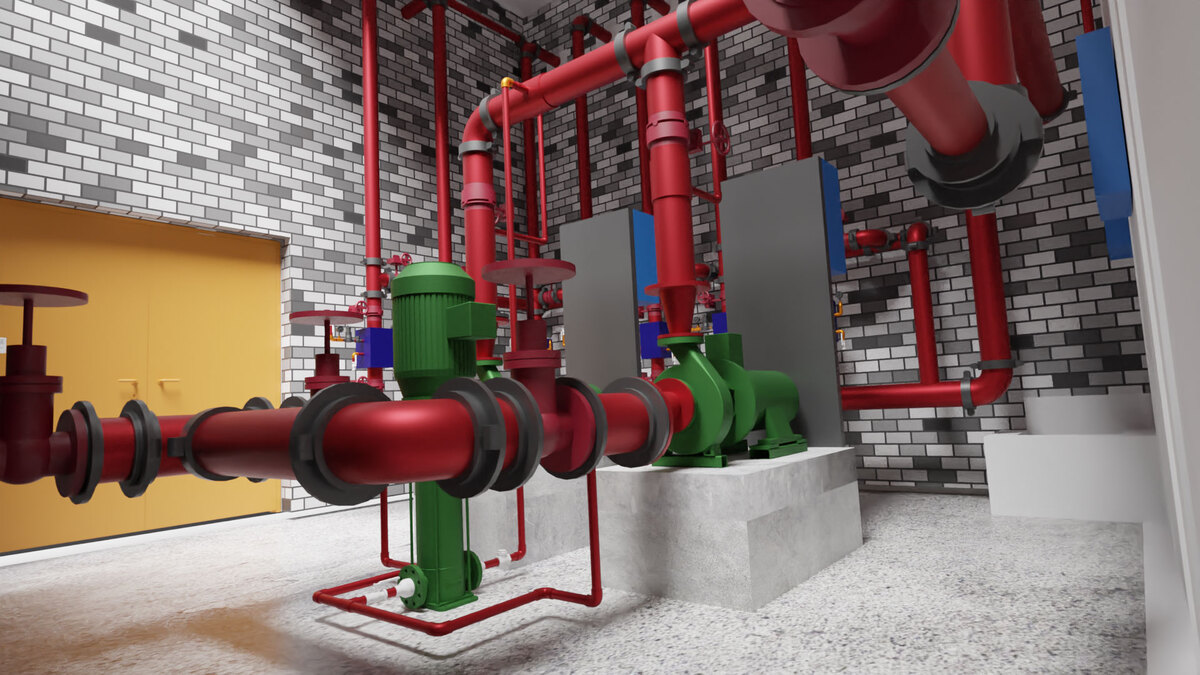
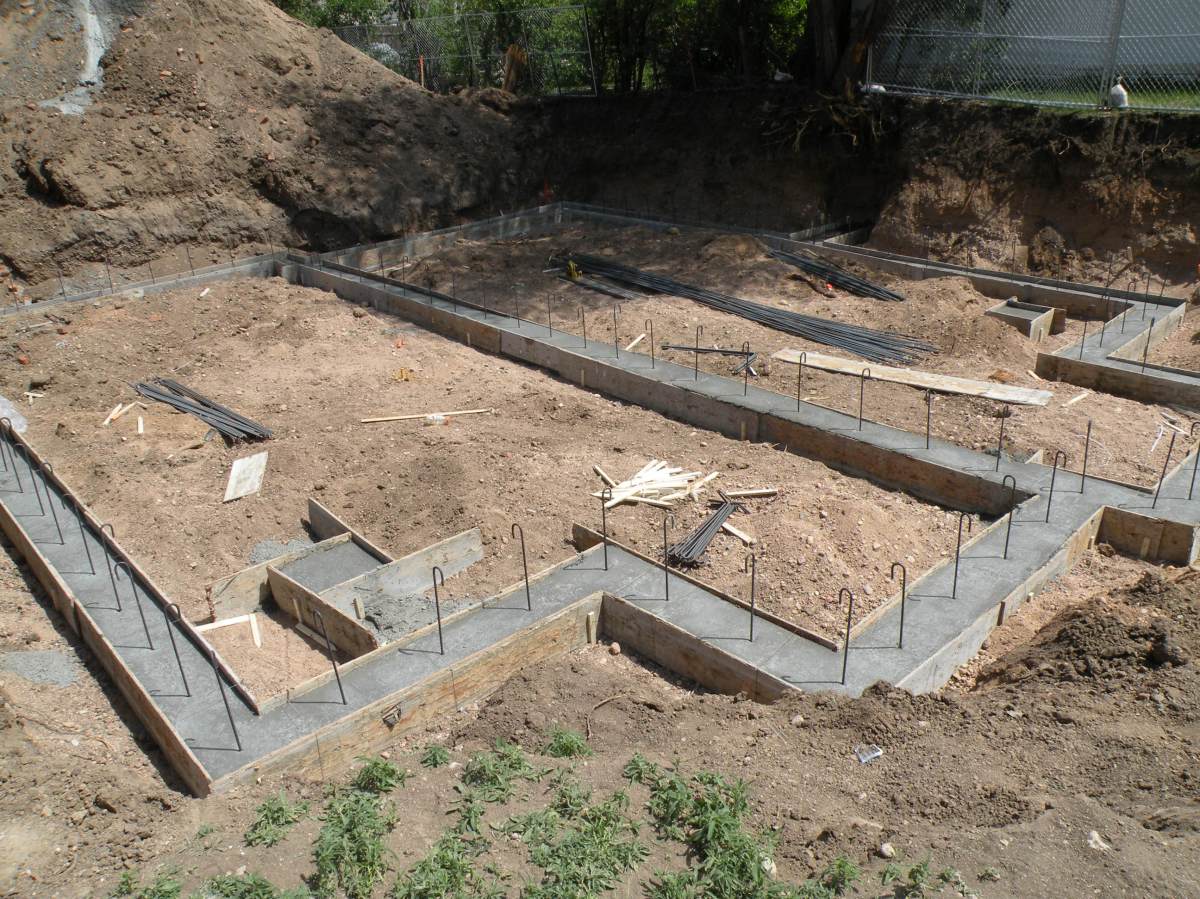
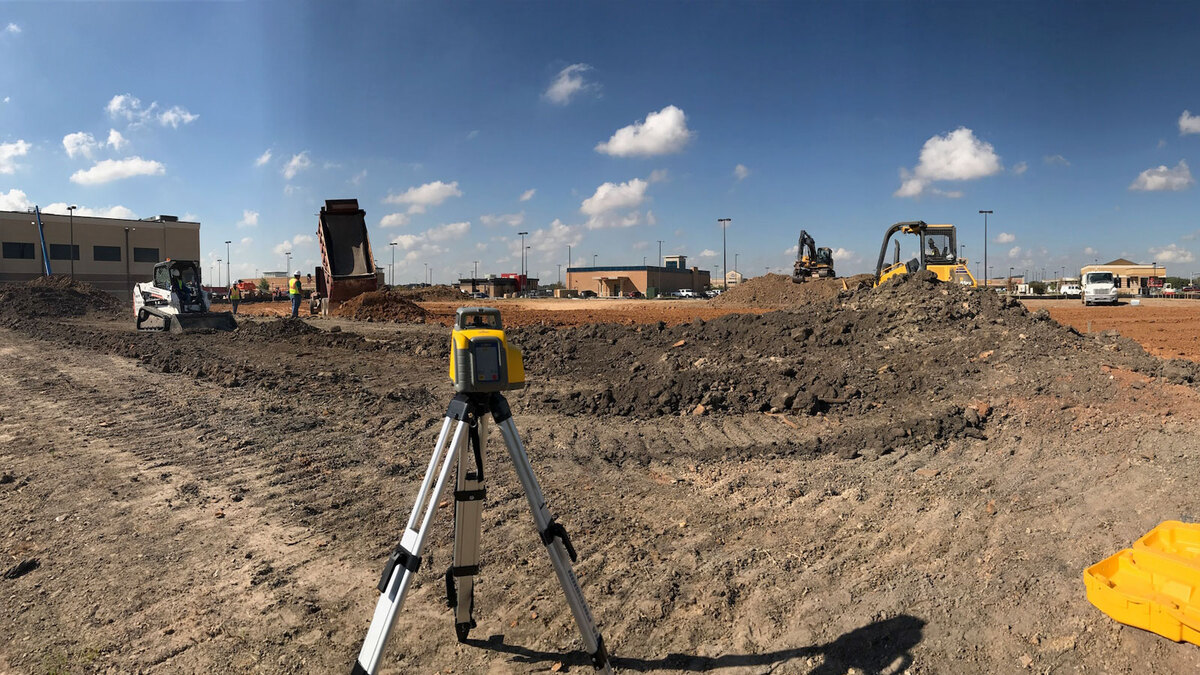
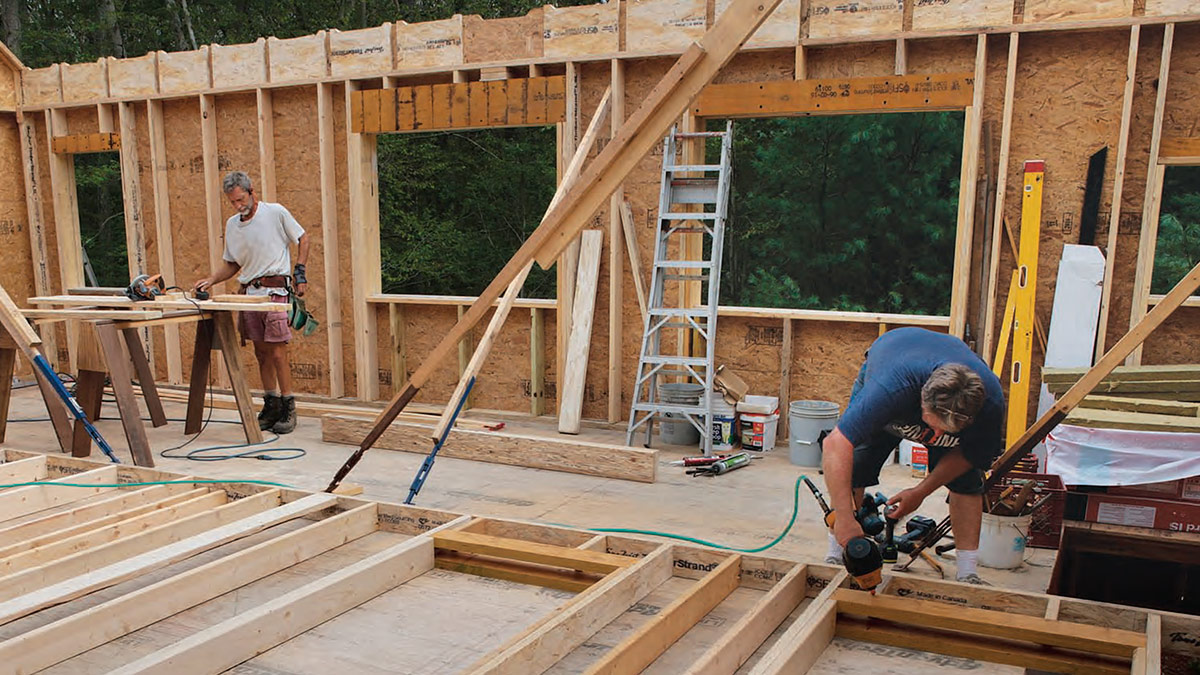
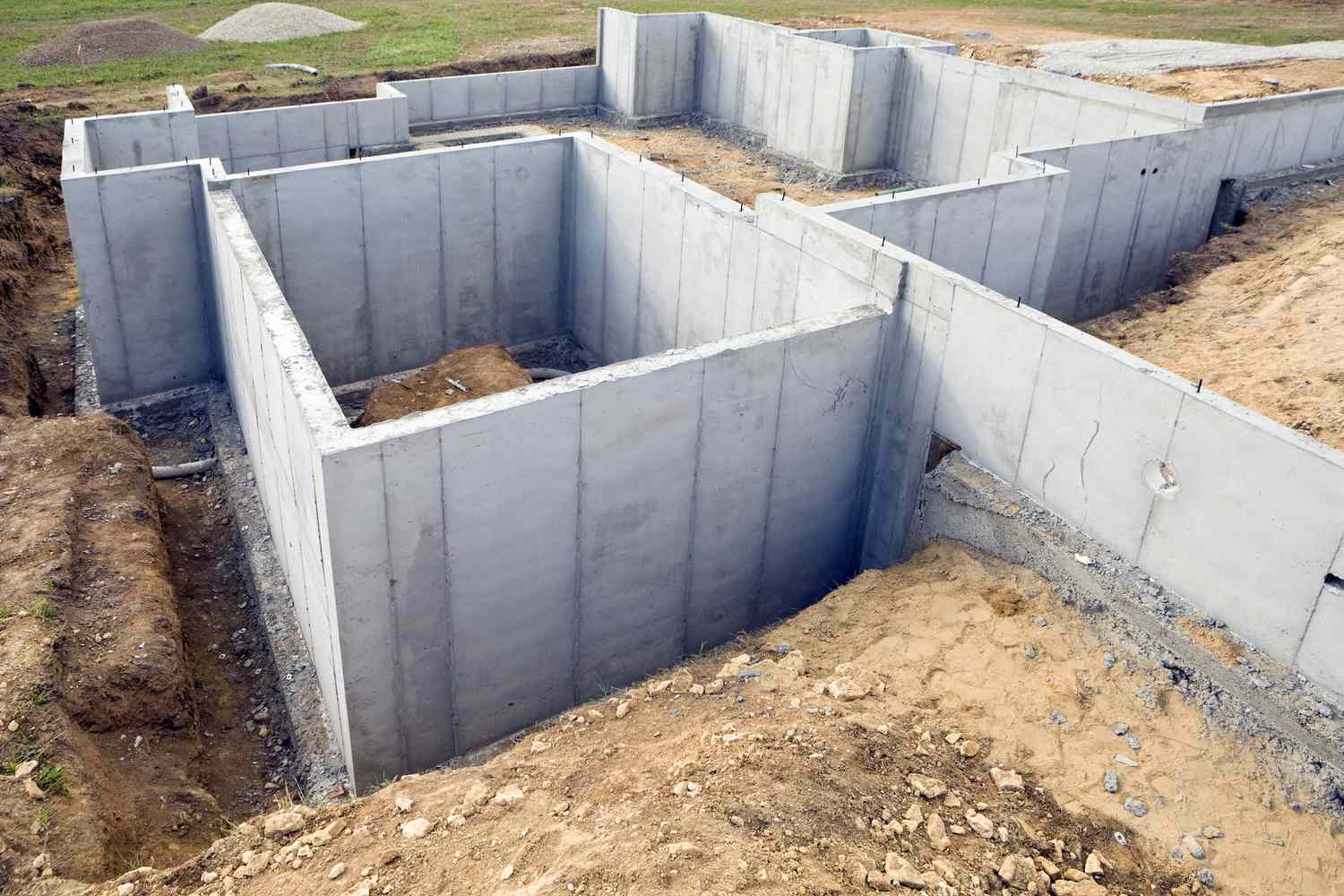
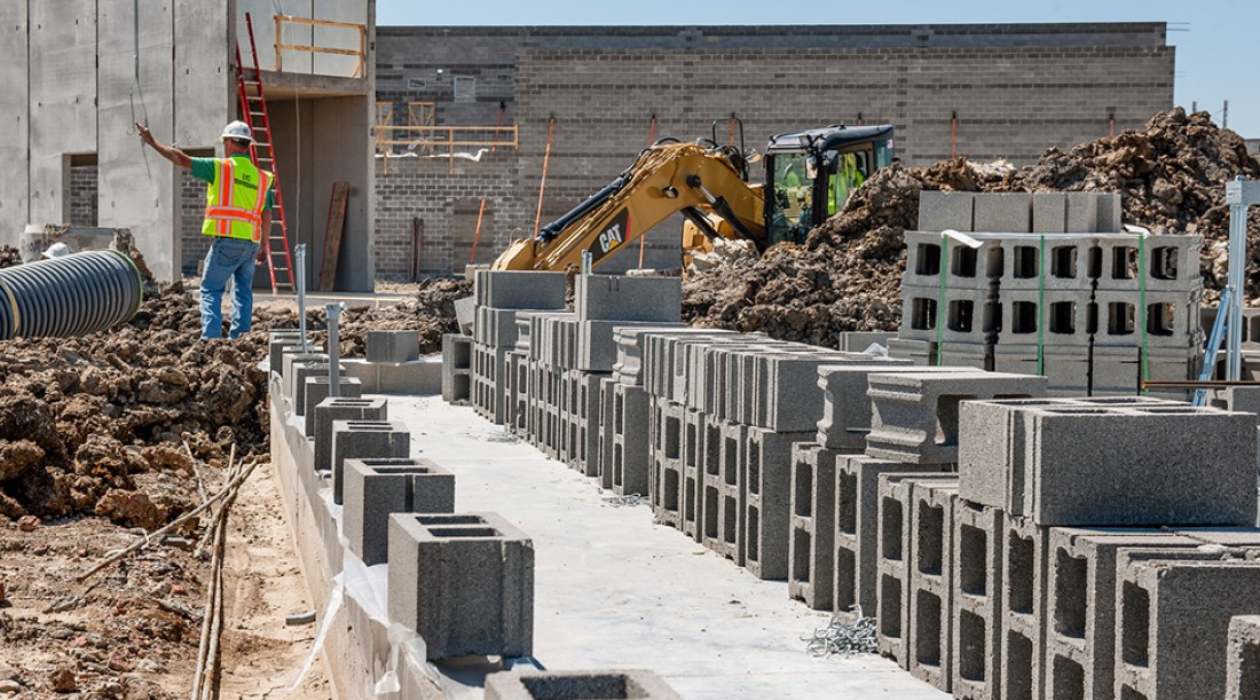
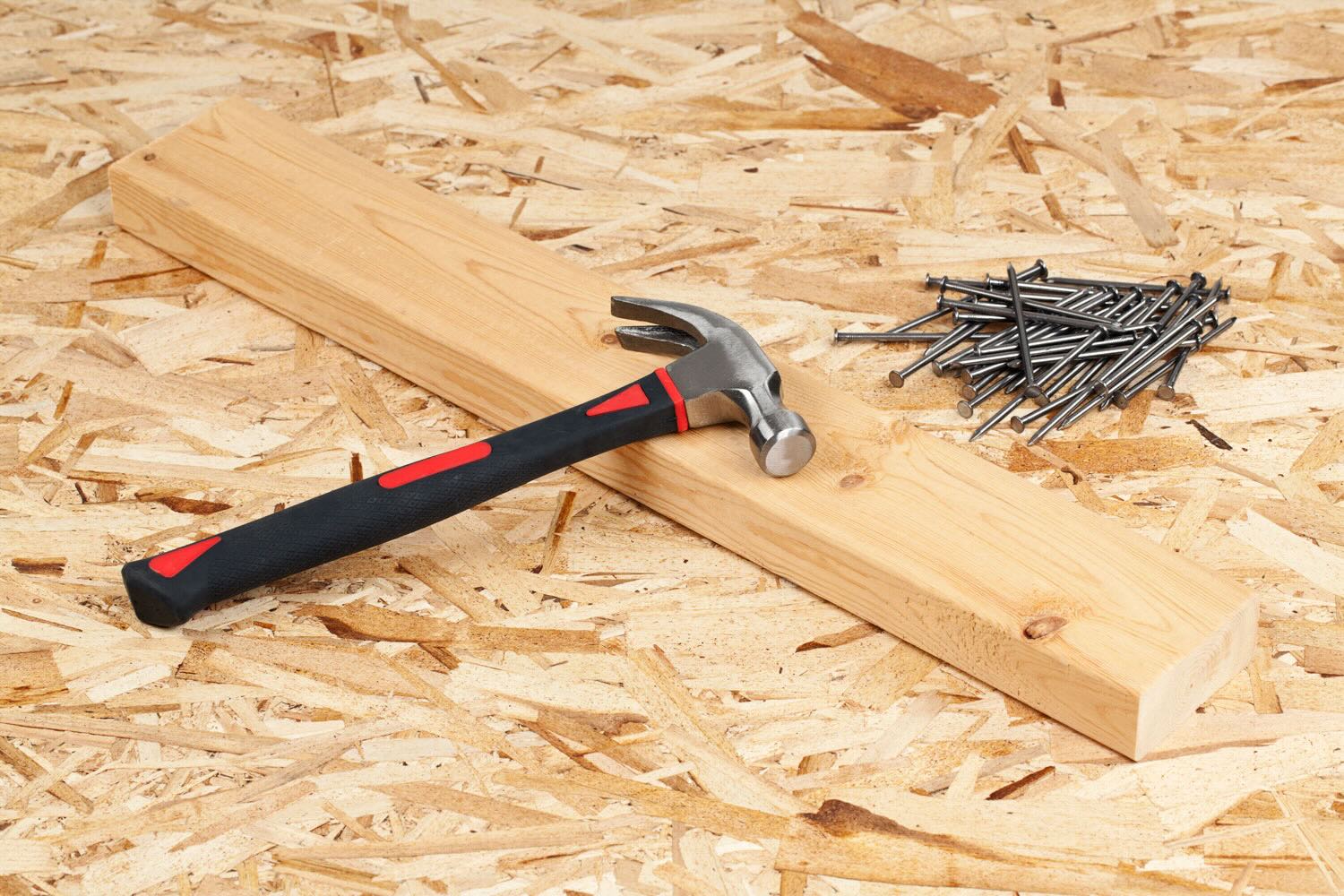


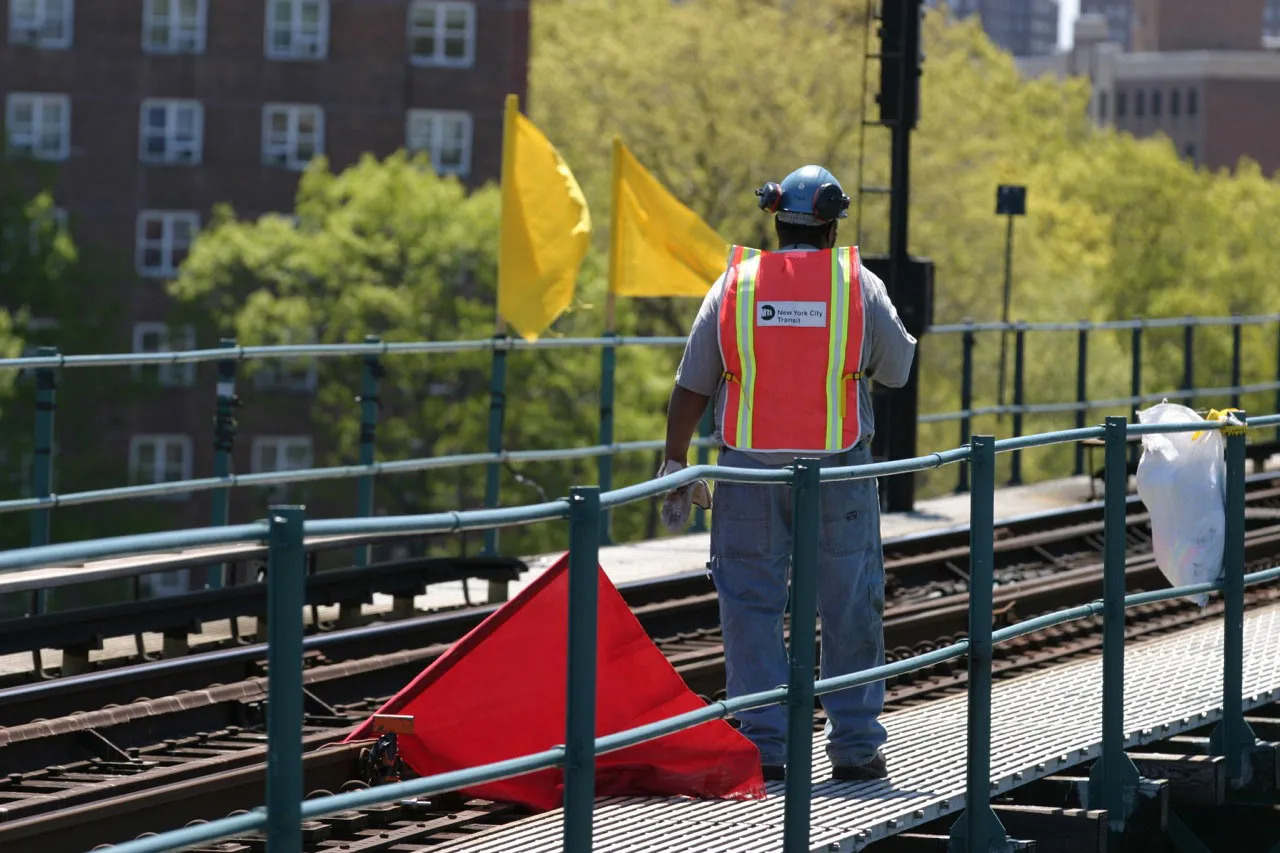

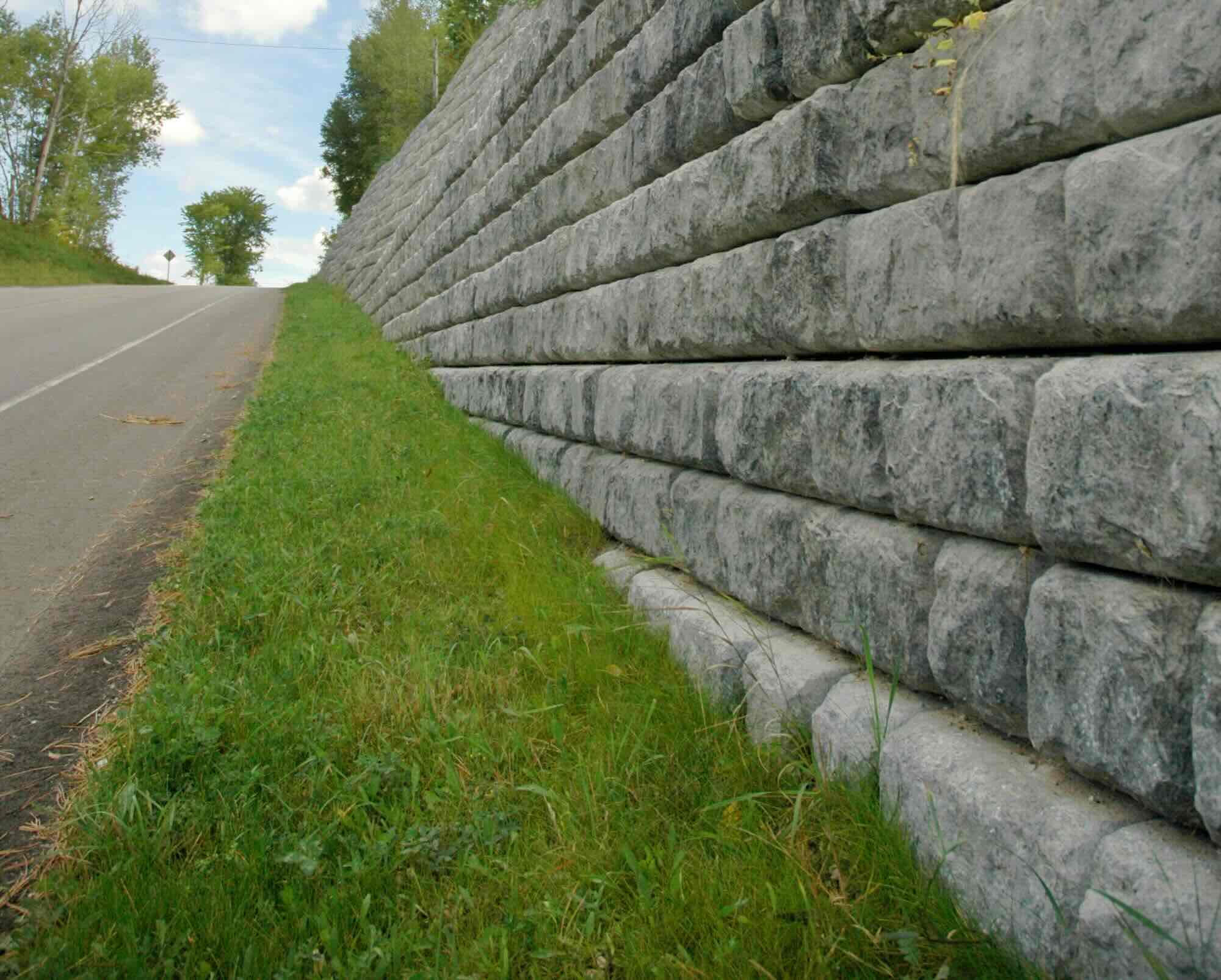

0 thoughts on “What Is A Groundsman In Construction”